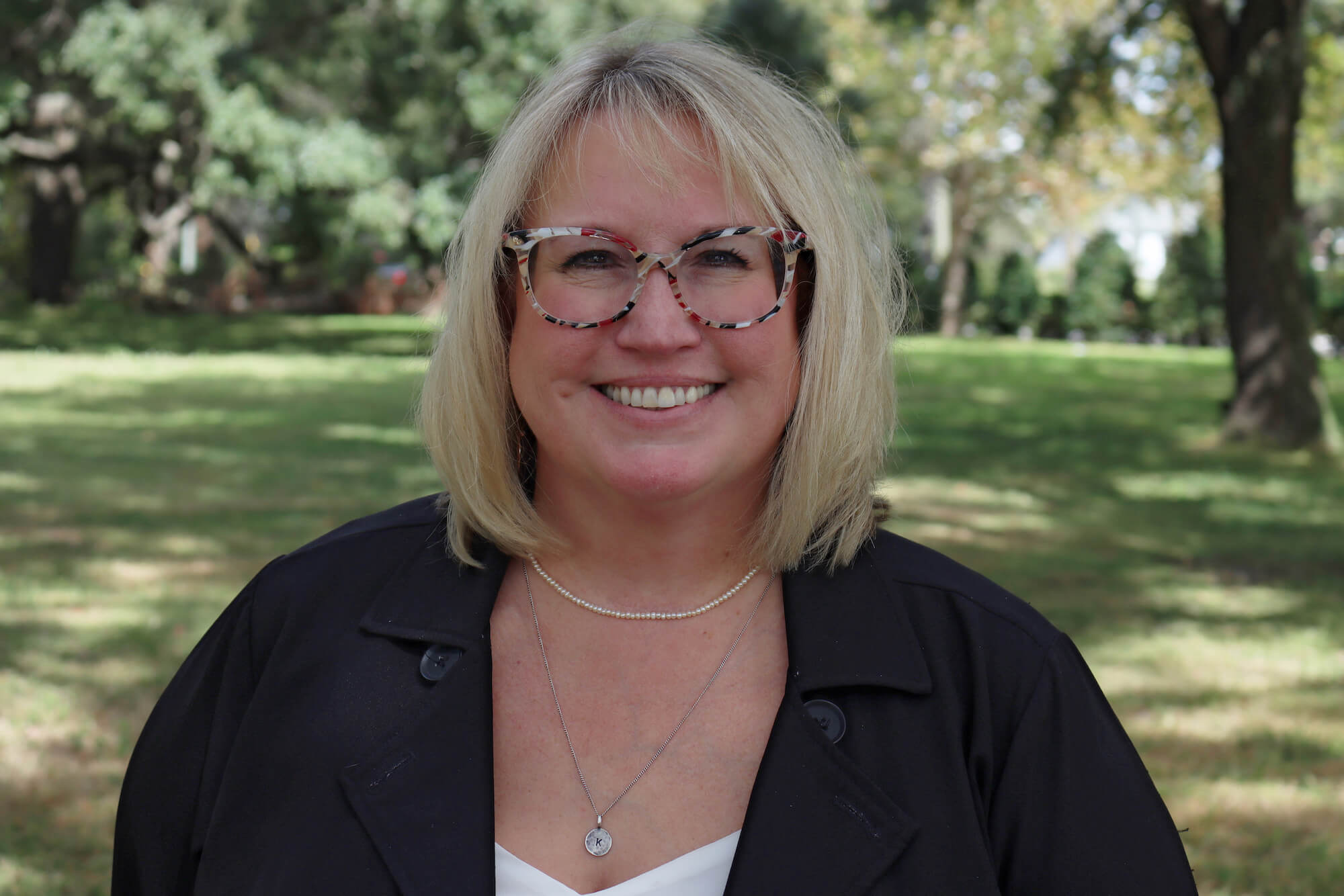Social Work: Debunking Myths and Embracing the Impact
For National Social Work Month, Kristen Hopper, a licensed clinical social worker for the Chapters Health Centers for Wellbeing, debunks the myths about social workers and discusses the fields where they make a difference.

March is Social Work Month, a great time to celebrate the wonderful profession of social work and the amazing social workers at Chapters Health System. According to the National Association of Social Work (NASW) Code of Ethics, “The primary mission of the social work profession is to enhance human well-being and help meet the basic human needs in all people, with particular attention to the needs and empowerment of people who are vulnerable, oppressed, and living in poverty.”
The field of social work is competitive, dynamic and constantly changing. However, despite the importance of skilled social workers today, there are a variety of unsubstantiated myths that surround the field. Let’s take a moment to dispel these myths and shed light on the impact social workers have in many fields, including hospice.
Myth: Social workers only separate children from their families.
You can find social workers in many government agencies, including ones that deal in domestic family issues that impact the lives of children. However, these agencies prioritize the safety and well-being of children first. Removing them from their family is never the goal. They work tirelessly to provide families with resources and support to overcome challenges and create a nurturing environment for their children. Child removal is always considered a last resort.
Myth: Social workers intrude in people’s lives:
This misconception suggests that social workers meddle and invade the lives of individuals and families without their consent. This is false. Like many professions, social work includes a framework of ethical guidelines and respect for personal autonomy. They collaborate with individuals and families, offering guidance, support and resources to help them overcome challenges and improve their well-being.
Myth: Anyone can call themselves a social worker.
Contrary to widespread belief, not just anyone can call themselves a social worker. In the United States, social work is a regulated profession that requires a specific educational background and licensure. You must hold at least a bachelor’s degree in social work (BSW) to practice, and many pursue advanced degrees such as a master’s degree (MSW) to enhance their skills and knowledge.
Myth: Social work is a depressing field.
One of the most pervasive misconceptions is that it is a depressing and hopeless profession. While it is true that social workers often deal with challenging situations and vulnerable populations, their work is far from hopeless. They can positively impact individuals, families and communities, helping them overcome adversity and improve their lives.
Myth: social workers work in government agencies.
You can find social workers in many different fields and settings. They work in mental health clinics, rehabilitation centers, senior centers, private practices and hospitals. You can also find social workers in the hospice setting. Like many other social workers, those in hospice are clinically licensed professionals who provide clients and patients with the resources they need to improve quality of life.
Myth: Social workers are underpaid.
This common belief is far from the truth. Social workers play an integral role in society and are fairly compensated for their work. While their salaries vary depending on their specific fields and locations, they often receive competitive salaries and benefits that reflect their significant contributions.
Myth: There is no career progression in social work.
This field offers numerous opportunities for career growth. You can specialize in various areas such as mental health, child welfare, healthcare and much more. You can pursue advanced degrees, certifications and leadership roles, expanding your career horizons and increasing its impact.
If you consider this career, here are a few tips to help:
- Do your research – learn more about the diverse roles and settings to gain a better understanding of the possibilities and opportunities.
- Talk to a social worker! Learn more about their experiences and insights in the field. I LOVE talking about the work I do.
- Volunteer or intern – gain firsthand experience in social work at organizations that align with your interests.
Before embarking on your career, it is important to consider a few additional factors:
- Self-care – social work can be emotionally demanding, so it is crucial to prioritize self-care and establish healthy coping mechanisms.
- Continuing education – this is a constantly evolving field, and staying updated on research, best practices and new developments is essential.
- Networking – building professional connections can open doors to new opportunities and provide ongoing support throughout your career.
By dispelling these misconceptions, we can foster a greater understanding and appreciation for the invaluable work that social workers do. If you’re interested in learning more about social work, or how Chapters Health System supports the community, please explore our website for more information.
Our Centers for Wellbeing are committed to serving the needs of the community including patients, families, caregivers, health providers and partners.
For more information, please call our helpful Centers for Wellbeing team at 866.280.9355.
Keep Exploring
















